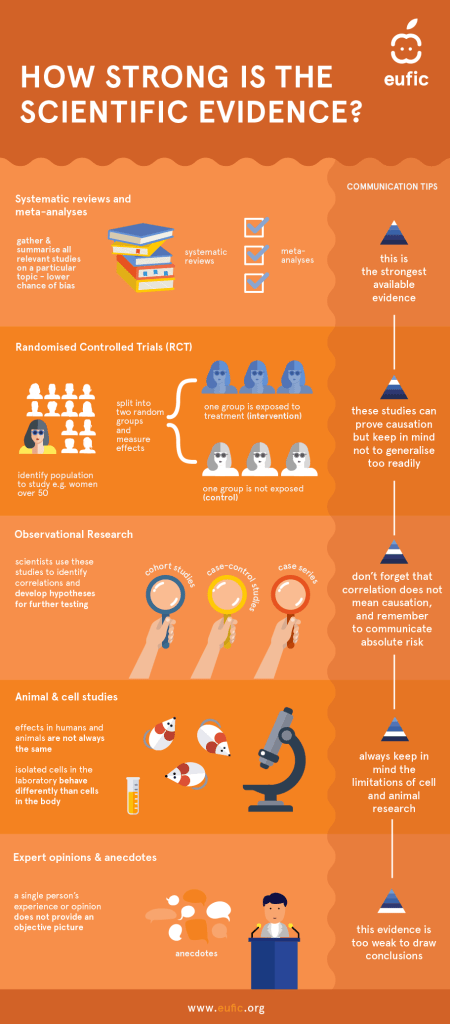The world of nutrition can sometimes seem like a labyrinth, fraught with confusion and conflicting advice. However, having spent many years studying this complex field, I’ve come to understand that nutrition science isn’t some indecipherable enigma; it’s more like a giant jigsaw puzzle. Each study conducted is a piece of this puzzle that helps us form a complete picture when viewed collectively.
In this article, I’ll share the top five things I’ve learned as a nutritionist about nutrition. These insights will hopefully guide you on your journey towards understanding this field and developing a healthier relationship with food.
In this article learn about how:
- Nutrition may seem complicated, but it’s not as daunting as it appears.
- Focusing on basic health principles contributes significantly to overall health.
- Different diets and nutritional approaches work for different people.
- The importance of eating for our microbiome cannot be overstated.
- Our relationship with food goes beyond just the physical act of eating.
Nutrition: It’s Not As Complicated As It Seems
Social media can often amplify the confusion surrounding nutrition science due to conflicting information from various sources – doctors, health coaches, influencers, etc., all citing different studies to back their claims. Many content creators aim to stir controversy or evoke emotional responses because such content tends to perform better in social media algorithms, garnering more likes and engagement.
Understanding the hierarchy of scientific evidence can help demystify some of this confusion. This hierarchy places different types of evidence at different levels based on their reliability and applicability:
- Expert testimonials are at the bottom because they reflect individual opinions and might not apply universally.
- Animal studies provide preliminary insights but cannot be directly applied to humans due to biological differences.
- Randomized control trials present more reliable evidence because they involve human subjects.
- Systematic reviews and meta-analyses offer the most robust evidence as they compile data from hundreds or thousands of studies to draw stronger conclusions.
The following graphic by the organisation Eufic illustrates this well.

By understanding this hierarchy, we can better evaluate the quality of nutritional advice online and avoid falling for misleading narratives.
The Power of Basic Health Principles
While it’s tempting to chase after special diets or supplements, nothing beats the power of basic health principles. Simple practices like eating a balanced diet rich in fruits, vegetables, and whole foods, getting adequate sleep, managing stress levels, and spending time with loved ones contribute significantly to our overall health.
These basics form 99% of our health. Supplements and special diets might have their place in specific circumstances but should not replace these fundamental habits. Consistent adherence to basic health principles will yield the best results in terms of longevity and quality of life.
Different Strokes for Different Folks
It’s tempting to assume that there’s a one-size-fits-all approach to nutrition. However, given our diverse genetic makeup, environmental influences, and microbiomes, it’s clear that different things work for different people.
For instance, some people may thrive on a low-carb, high-fat diet while others might do better on a high-carb, low-fat diet. A nutritionist can help you identify what works best for your individual physiology and lifestyle and help you to eat in a healthy and sustainable way.
Eating for Our Microbiome
Our gut is home to over 40 trillion microbes – bacteria, fungi, viruses – that collectively form our microbiome. These microorganisms play a crucial role in our overall health by interacting with the food we eat and producing compounds that can either support or harm our health.
Eating a diverse range of fibers from whole foods feeds these beneficial microbes and promotes gut health. Conversely, a diet rich in processed foods can encourage harmful bacteria growth. Fermented foods also introduce more beneficial bacteria into our gut that can help to reduce inflammation and improve our health.
More Than Just Physical Food
Our relationship with food extends beyond the physical act of eating. Psychological factors such as our attitudes towards certain foods, environmental influences, and habitual cues significantly influence our eating patterns.
Creating a healthy relationship with food involves enjoying what we eat, nourishing our bodies, and not living in fear of certain foods. It’s crucial to seek professional help if you’re struggling with this aspect of your nutritional journey.
Key Takeaways:
- Nutrition science can seem daunting but understanding the hierarchy of scientific evidence can help demystify it.
- Focusing on basic health principles – balanced diet, adequate sleep, stress management – is key to overall health.
- Different diets work for different people due to genetic, environmental, and microbiome differences.
- Eating for our microbiome by consuming diverse fibers from whole foods promotes gut health.
- Our relationship with food extends beyond just the physical act of eating; psychological factors play a significant role.
In conclusion, navigating the world of nutrition doesn’t have to be an overwhelming task. By focusing on basic health principles, understanding that different diets work for different people, eating for our microbiome, and fostering a healthy relationship with food, we can make informed choices that contribute to a long and healthy life.





0 Comments